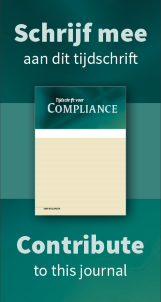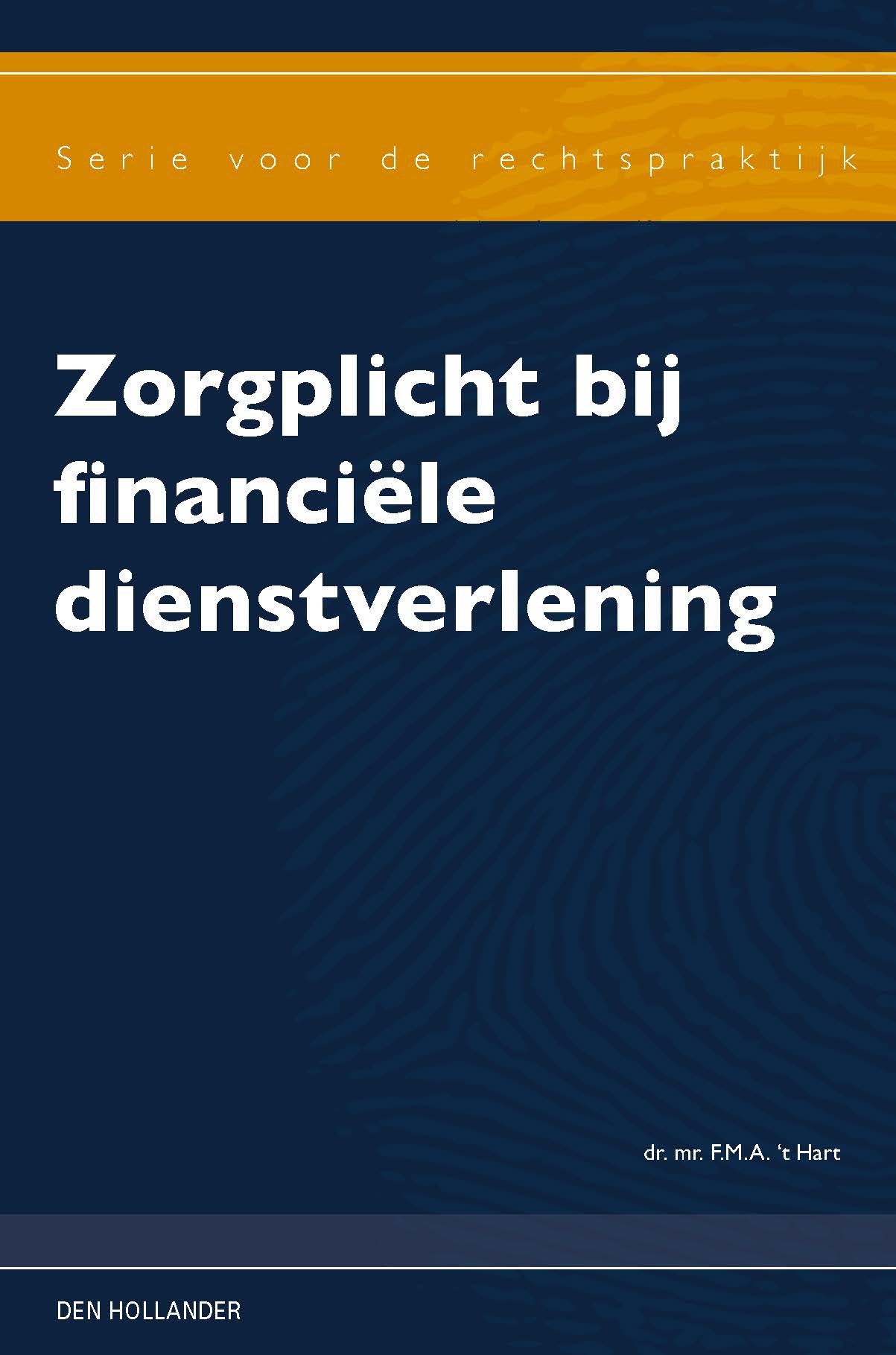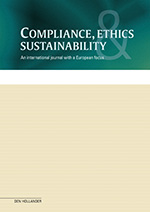Tackling increased measures restricting finance and trade - taking lessons from the AML regulated sector
Matthew Worby1Artikel kopen € 79,00 excl. BTW
In plaats van abonneren kunt u dit artikel ook afzonderlijk kopen.
One of the most significant impacts for businesses of the Russian invasion of Ukraine in 2022 was the expansion of the sanctions (financial and trade) and export controls regimes of the US, EU, UK, and other Western states. This expansion included the imposition of restrictions on products and services which historically had never been particularly restricted. The subsequent enforcement risk has greatly complicated companies' ability to conduct international business.
These increased risks require improved compliance efforts. Most companies have never faced a compliance challenge this complex or dynamic before, and current government-issued guidance is relatively underdeveloped in this area. One area from which it is possible to read across some useful guidance is the AML regulated sector, where similar (but different) requirements have been imposed for a far longer period of time, and expectations as to compliance with these measures is clearer in c...
U heeft op dit moment geen toegang tot de volledige inhoud van dit product. U kunt alleen de inleiding en hoofdstukindeling lezen.
Wanneer u volledige toegang wenst tot alle informatie kunt u zich abonneren of inloggen als abonnee.




